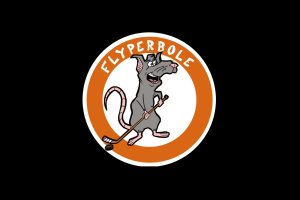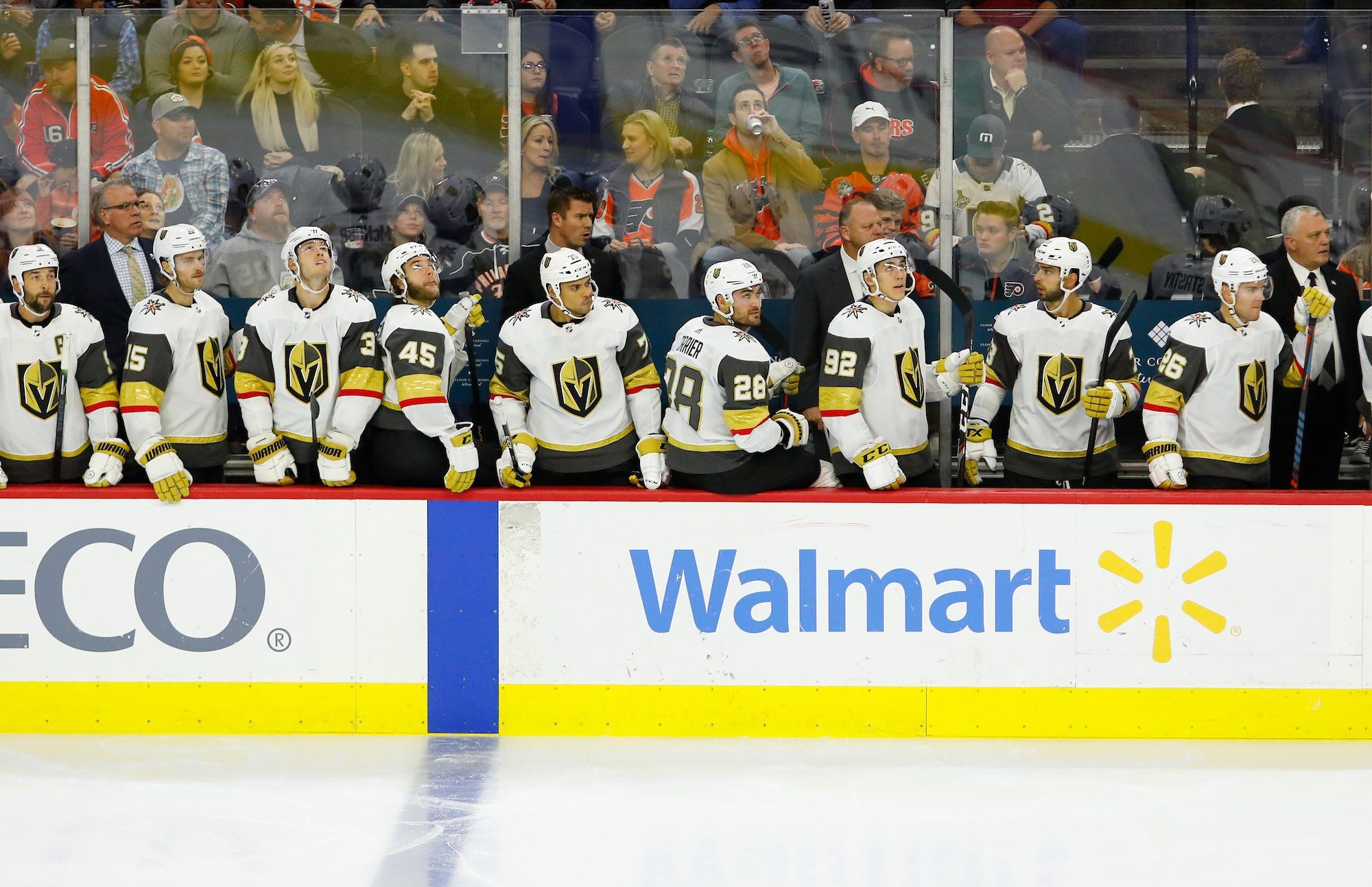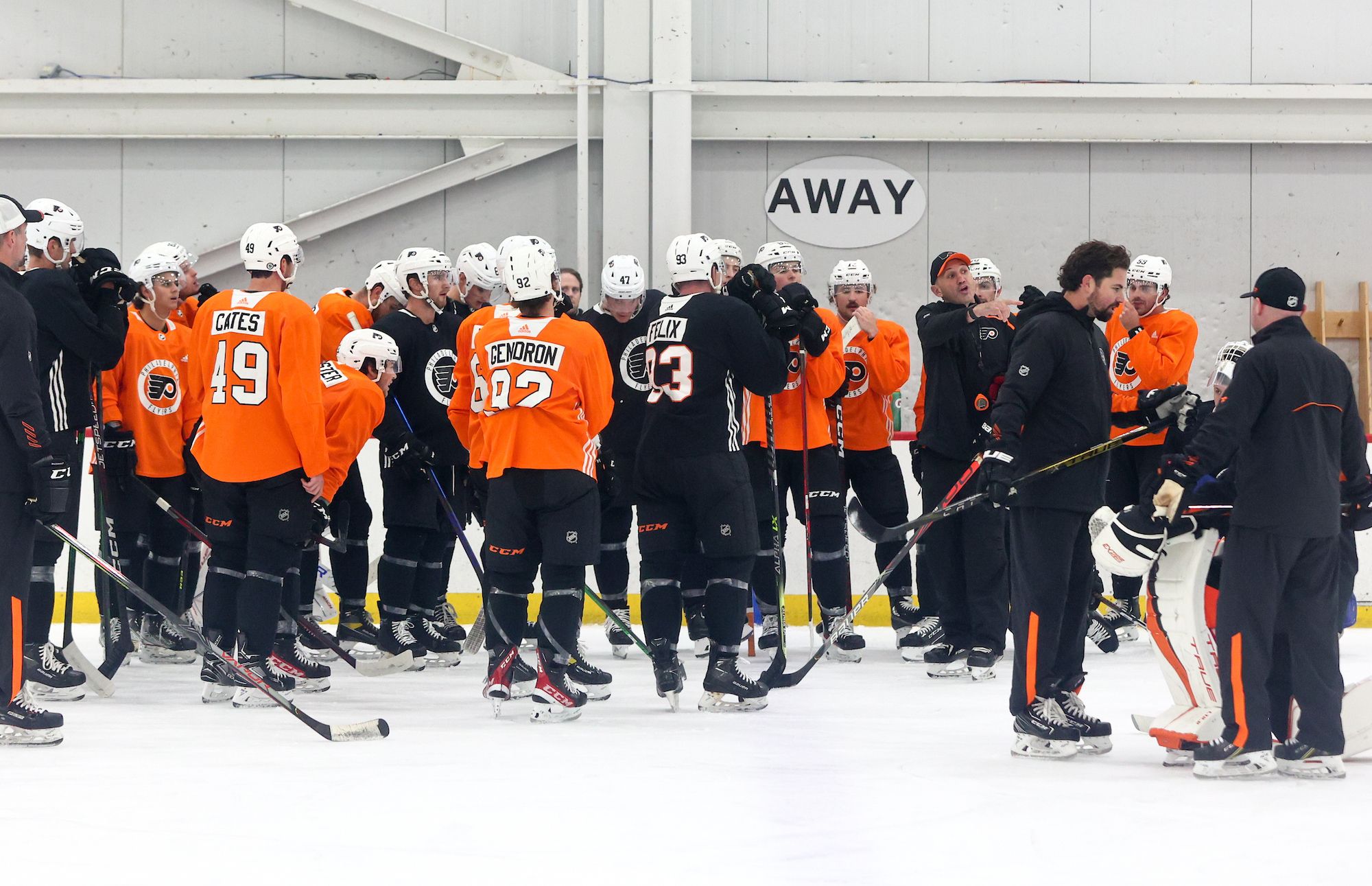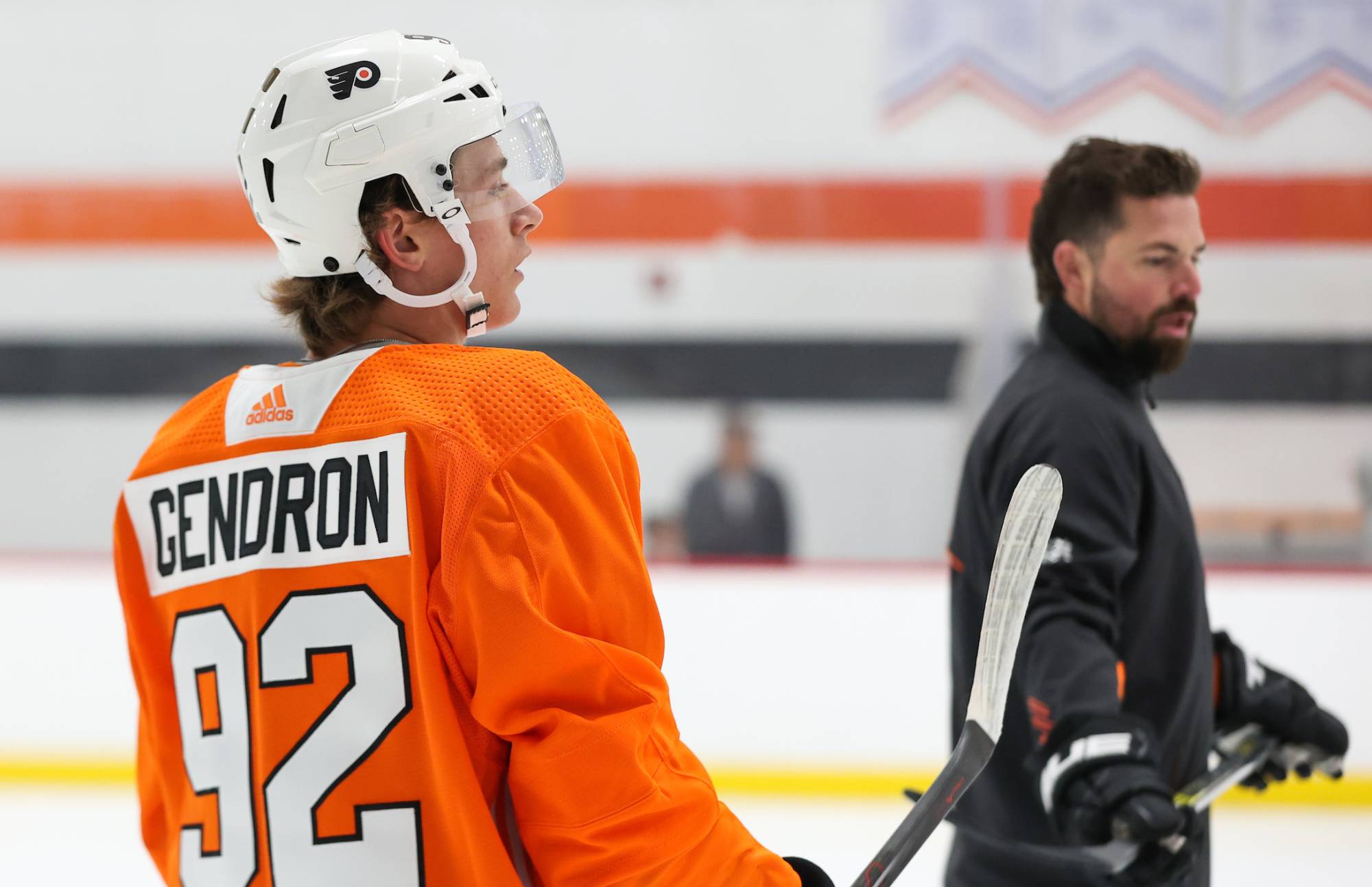The year was 2016. Donald Trump was elected president of the United States. The Chicago Cubs won their first world series in 108 years. President Barack Obama declared a state of emergency over the Flint, Michigan, water crisis. In 2016, the Vegas Golden Knights didn’t exist. They were merely an idea, and in the eyes of many, they were a bad idea. Would Vegas, a city fundamentally premised on tourism, be an attractive locale for hardcore hockey fans?
Well, the Vegas Golden Knights have won the Stanley Cup. Just six years after the team was created, they won the ultimate prize.
With that said, the Knights’ success has not been without controversy. No one will ever forget their unprecedented presence in the Stanley Cup final in their first season in the league. Sure, they lost; but they nonetheless achieved a feat, an opportunity, that most teams (such as the Toronto Maple Leafs) would kill for. It is therefore unsurprising that many of these teams and their fan bases have become bitter and resentful toward the Golden Knights. How is it fair that such a young team would so quickly find the success that other organizations have worked for, but not found, for decades? Actually, put aside “fairness”… how is it even possible?
Of course, where there are opinions there are also contradictory opinions. Many of the voices espousing the view outlined above have received incredible criticism by those who “just like to watch good hockey, regardless of who plays it” and who “think it’s good for the NHL to grow the game.” And there is truth in these statements, notwithstanding the implied air of self-righteous, pretentious superiority over those who have passionately and unwaveringly followed a specific team year-after-year, waiting patiently for a Stanley Cup. Those who just like to watch good hockey I call “hockey purists,” and those who are upset about Vegas’ success I call “hockey traditionalists.”
These are two extremes that lie on a spectrum. Many of us probably lie somewhere in between the polarities, yet even still, if we voice even remote skepticism about the Golden Knights sudden rise to hockey dominance, we are immediately made to feel like we don’t have the NHL’s best interest at heart. We are made to feel like we aren’t true hockey fans. We are silenced.
This is flatly wrong, and in fact, hockey purists are doing more harm than hockey traditionalists when such opinions are being so forcefully promulgated.
No one denies that Vegas has proven to be an incredible hockey market. The atmosphere is electric; the business strategy is fresh; and new fans are being exposed to the game. However, hockey is a sport that thrives on tradition. In a sense, it’s the small community vibe that draws hockey lovers closer together. Personally, I know approximately absolutely about the city of Montreal, but I have enormous respect for the Canadiens. I love the longstanding cultural influences deeply intertwined with their organization. That’s not to say that I want the NHL to continually get dwarfed by the other major sports, nor is it to say that the sport of hockey is an exclusive club where fresh faces are not allowed.
In reality, when hockey traditionalists take issue with the Golden Knights’ success, the issue is not simply that a young team won the Cup. The issue is that the expansion system appears to be built in such a way that expansion teams receive advantages to the detriment of teams who have existed (and who have been patiently building their franchises) all along. To be clear, I am no expert on the NHL expansion draft, and I’m also not an NHL general manager. However, it’s not unreasonable to think the system might be biased or broken when, in the Golden Knights’ first six years as a franchise, their resume is as follows:
2018-19 – First Round
2019-20 – Conference Finals
2020-21 – NHL Semi-Finals (Bubble Year)
2021-22 – Missed Playoffs
2022-23 – Stanley Cup Champion
The Seattle Kraken aren’t much different. Despite not making the playoffs in their inaugural 2021-22 season, the Kraken beat the Colorado Avalanche in the first round this year and probably should have moved past the Dallas Stars into the Conference Finals. They certainly looked like the better team for most of the second round, even though their head coach, Dave Hakstol, was utterly incapable of bringing the Flyers to the second round in his three-and-a-half seasons in Philadelphia.
There is no dispositive, scientific, or empirical proof that the the expansion draft structure is flawed, but in light of the rapid success of two teams who, combined, haven’t existed for more than ten years, it makes perfect sense that other organizations are skeptical and frustrated.
Let’s imagine an extreme hypothetical. Imagine that the state of Montana received approval for an expansion team, and for marketing purposes, the NHL created a rule that the team was entitled to pick any player whose last name begins with M–i.e. the team was precluded from selecting a player whose last name begins with any other letter. Such a rule, though strange and arbitrary, would seem fair on its face, for it would disadvantage the expansion team by greatly limiting the pool of available players. However, how well do you think the team would perform when it consisted of McDavid, MacKinnon, Matthews, Makar, Malkin, Marchand, and Marner?
What’s the point of this ridiculous and oversimplified scenario? To put it plainly, rules can seem fair at first glance, but it’s extremely hard to predict how they will realistically play out. This is particularly true when the expansion team gets to freely grab players from other active rosters and the other teams are restricted as to which players they can protect.
If the New Jersey Devils want to acquire good players, they must pray to the hockey gods and luck their way into six top-10 draft picks since 2015. If the Philadelphia Flyers want to acquire good players, they must spend several years undoing the destructive work of an incompetent general manager who only spent three full seasons in the organization. Such scenarios require extreme patience from longtime fans, and they can often be injurious to an organization’s front office. Income slows. Profit margins decrease. People lose their jobs.
Of course, this is all part of the business. Professional sports are a massive money market, and that money will be flushed down the drain if an organization is not run the right way. Thus, personnel turnover is extremely common, and a team’s success or lack thereof is constantly in flux. What’s notable about this roller coaster culture, however, is that fans persevere through it all.
Accordingly, it makes perfect sense that organizations and fan bases might look upon Golden Knights with a certain degree of disdain. There’s no hatred; just a little bitterness. No one wants to put an asterisk next to their victory. No one denies that Bruce Cassidy is a good coach. No one thinks that new teams are bad for hockey. Instead, hockey traditionalists are just passionate about their teams. They have patiently waited (and many of them continue to patiently wait) to see their favorite players raise the Cup. They have persevered through cap troubles, through risky trades, through mismanagement, and through disappointing prospects. Lifelong Golden Knights fans are free to disagree with me, but expansion teams simply aren’t required to leap over as many hurdles.










